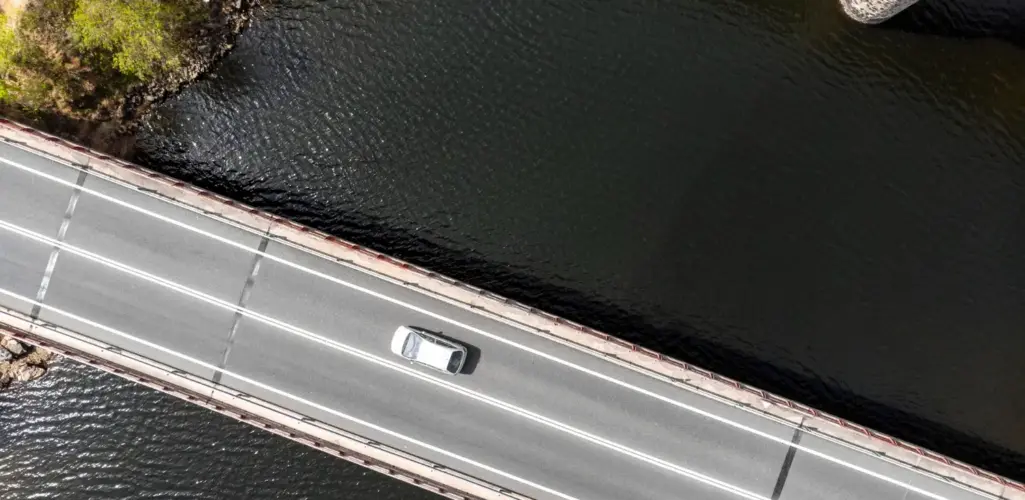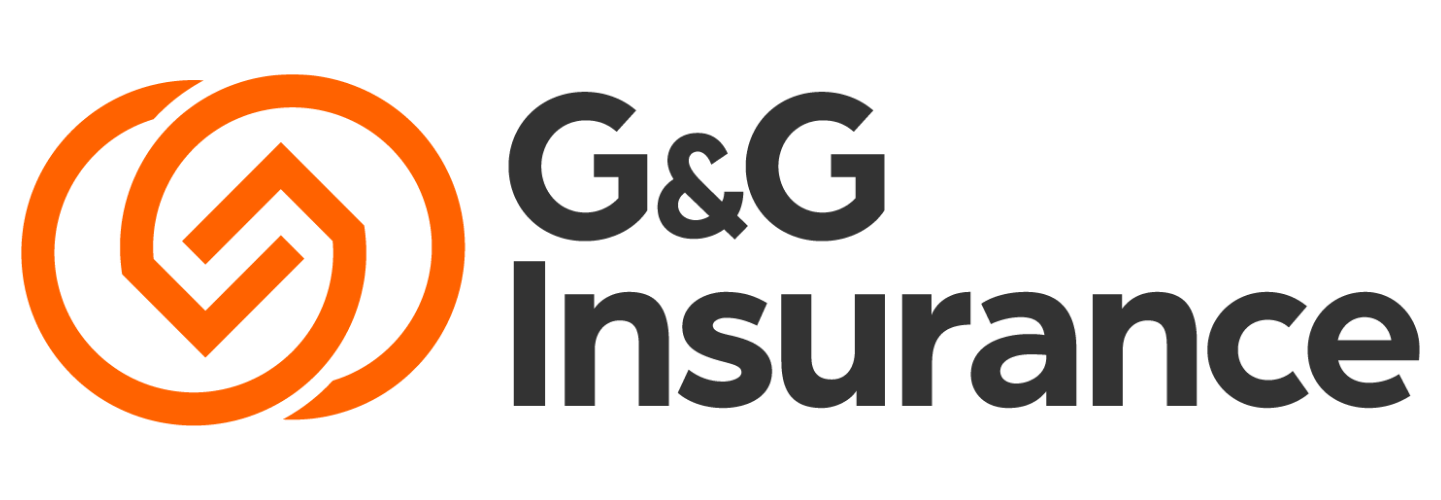Whether you’re a new driver or just moving to Arkansas, knowing the state’s insurance requirements can save you money—and a whole lot of trouble. Understanding Arkansas car insurance laws isn’t exactly a thrilling dinner conversation, but it’s one of those grown-up topics that can seriously protect your wallet (and your driver’s license).
In 2025, Arkansas continues to fine-tune its auto insurance regulations to promote safer roads and reduce uninsured driving. Recent updates have clarified SR-22 filing requirements and strengthened digital verification systems, making it easier for law enforcement to check insurance status in real time. Translation: if you’re uninsured, it’s harder to fly under the radar than ever before.
But don’t worry—this guide isn’t all legal jargon and fine print. We’ll break down everything you need to know about Arkansas auto insurance requirements, from minimum liability coverage and optional protections to penalties, cost factors, and what’s new for 2025. By the end, you’ll know exactly what’s required, what’s recommended, and how to stay compliant without breaking the bank.
At G&G Independent Insurance, we’re here to help Arkansas drivers stay informed, confident, and fully covered. For a deeper dive into coverage options, check out G&G’s guide to car insurance and what you need to know. Let’s hit the road to clarity—and maybe save you some cash along the way.
Minimum Legal Requirements in Arkansas
Before you can hit the road in The Natural State, your ride needs more than a full tank of gas and good tunes—it needs to be insured. Arkansas law requires every driver to carry liability insurance, which is the backbone of financial protection if you cause an accident.
Liability Coverage Requirements
In 2025, the minimum liability coverage in Arkansas remains 25/50/25, which stands for:
- $25,000 for bodily injury per person
- $50,000 for bodily injury per accident
- $25,000 for property damage per accident
Think of these numbers as your legal safety net. They cover other people’s injuries or property damage if you’re at fault—but not your own car or medical bills. While these are the minimum legal requirements, most insurance pros (including your friends at G&G Independent Insurance) recommend higher limits. A serious accident can easily exceed the state minimums, leaving you responsible for the rest out of pocket.
Learn more about Arkansas insurance coverage options with the #1 rated Insurance agency in Arkansas.
Other Mandatory Coverages
Arkansas law also requires that insurance companies offer—but not force you to buy—two additional coverages:
- Uninsured/Underinsured Motorist Coverage (UM/UIM): Helps pay for injuries and damage if you’re hit by someone without insurance or without enough coverage.
- Personal Injury Protection (PIP): Also known as no-fault coverage, this helps cover medical expenses for you and your passengers, no matter who caused the accident. It’s optional, but many Arkansas drivers choose it for extra peace of mind.
Learn more about Arkansas’s no-fault and PIP laws.
Proof of Insurance
Gone are the days of digging through your glovebox in a panic. Arkansas accepts both paper and digital proof of insurance, whether shown on your phone or a printed ID card. You must be able to show proof:
- When registering your vehicle
- During traffic stops
- After an accident
Failing to show valid proof—even temporarily—can lead to fines or suspended registration, so it’s worth keeping it handy.

Optional & Recommended Coverages
While meeting the minimum requirements keeps you legal, it doesn’t always keep you protected. Here are some optional coverages that can save you from big out-of-pocket costs:
Uninsured/Underinsured Motorist Coverage
Even though it’s optional, this one’s a no-brainer. Roughly one in ten drivers in Arkansas is uninsured. If one of them hits you, UM/UIM coverage pays for your injuries and vehicle damage that the at-fault driver can’t.
Comprehensive and Collision Coverage
- Comprehensive covers your car if it’s damaged by something other than a collision—think theft, vandalism, fire, or a rogue deer on a dark Arkansas highway.
- Collision helps repair or replace your vehicle after an accident, regardless of who’s at fault.
If your vehicle is newer or financed, your lender probably requires both.
Higher Liability Limits
If you own property or have savings, higher liability limits (like 100/300/100) can protect your assets in case of a major accident.
Special Discounts
Insurance companies offer several discounts in 2025, including:
- Safe driver discounts
- Multi-car and multi-policy bundles
- Good student or college graduate discounts
- Pay-in-full or auto-pay savings
When in doubt, ask your agent to review all auto insurance discounts for safe drivers—you might be missing out on easy savings.
Penalties & Enforcement
Driving without insurance in Arkansas isn’t just risky—it’s expensive.
Driving Without Insurance
If you’re caught without insurance, you can face:
- Fines up to $250 for a first offense
- Registration suspension until proof of insurance is provided
- Additional fees for reinstatement
- Possible vehicle impoundment
Repeat offenders may face higher fines and longer suspensions.
Lapses in Coverage
Letting your insurance lapse, even unintentionally, can cause headaches. The state’s verification system automatically notifies the Office of Motor Vehicles (OMV) when your policy is canceled. If you don’t replace it quickly, your registration may be suspended, and reinstatement requires proof of insurance and payment of a fine.
SR-22 Requirements
If your license is suspended due to certain violations—like DUI, reckless driving, or driving without insurance—you’ll need to file an SR-22 form to prove you’re financially responsible. It’s not insurance itself, but rather proof you have insurance. The SR-22 requirement usually lasts for three years, and missing a payment can restart the clock.
Enforcement Mechanisms
Arkansas uses electronic verification systems to monitor insurance compliance. This means even if you’re not pulled over, a lapse can trigger penalties automatically. The days of “maybe they won’t notice” are long gone.
How It Works in Practice: At-Fault System & Comparative Negligence
Arkansas’s At-Fault System
Arkansas is an at-fault state, which means the driver who causes the accident (or their insurer) is responsible for paying damages. You can file a claim with the other driver’s insurance, your own insurer, or—if it comes to it—through a lawsuit.
Modified Comparative Negligence Explained
The state follows a modified comparative negligence rule. That means you can still recover damages even if you’re partially at fault—as long as you’re less than 50% responsible. If you’re 20% at fault, your payout will be reduced by 20%.
Impact on Claims and Settlements
This system encourages fairer settlements, but it also makes evidence and clear documentation crucial. Always get photos, witness statements, and police reports to help your case if fault is disputed.
Cost Factors & Tips to Stay Compliant
Average Insurance Costs in Arkansas
In 2025, Arkansas drivers will pay an average of $1,500–$1,700 per year for full coverage, and around $450–$600 for minimum liability-only policies. Rates vary widely by driver and location.
What Affects Your Premiums
Several factors play a role in how much you pay, including:
- Age and driving history
- Vehicle make and model
- ZIP code (urban areas often cost more)
- Credit score
- Chosen coverage levels
How to Reduce Costs and Stay Compliant
- Shop around: Comparing rates can save hundreds annually.
- Avoid lapses: Continuous coverage helps you maintain lower premiums.
- Bundle policies: Combine auto with home or renters insurance for discounts.
- Maintain a clean driving record: Tickets and accidents drive up costs fast.
- Review your policy annually: Coverage needs can change over time.
Check out our guide on how to lower your auto insurance premiums in Arkansas.
Recent or Upcoming Changes for 2025
The big theme for 2025? Accountability and modernization.
- Stronger Digital Verification: Real-time verification systems are now fully active statewide, reducing the number of uninsured drivers slipping through the cracks.
- Updated SR-22 Rules: Adjustments make reinstatement clearer and more standardized for suspended drivers.
- Technology Integration: Arkansas continues improving its coordination between insurance carriers and state databases, meaning faster updates when coverage changes.
- No New Minimums (Yet): Lawmakers have discussed raising the 25/50/25 limits to reflect inflation, but as of 2025, no changes have taken effect.
For drivers, this means a smoother experience—but less room for error. Staying compliant has never been easier, or more important.
FAQ / Quick Questions
Can I drive in Arkansas with out-of-state insurance?
Yes, as long as your out-of-state policy meets or exceeds Arkansas’s minimum liability limits. If you’re moving here permanently, you’ll need to update your policy and registration within 30 days.
How long should I keep proof of insurance?
Always keep your most recent proof of insurance in your vehicle (or digitally accessible). Old cards can be discarded once your new policy period begins.
What happens if I let my insurance lapse?
Even a short lapse can lead to registration suspension and fines. Your insurer will report the cancellation to the state, and you’ll need to provide new proof of coverage to reinstate your registration.
Are classic vehicles treated differently under Arkansas law?
Yes. Classic or antique vehicles may qualify for special registration and limited-use insurance policies. These often have lower premiums but also stricter usage rules.
What should I do if I’m involved in an accident with an uninsured driver?
File a police report, gather evidence, and contact your insurance provider immediately. If you have Uninsured Motorist coverage, it can help cover your expenses.
Conclusion
Understanding Arkansas car insurance laws in 2025 is more than a legal obligation—it’s smart financial protection. From 25/50/25 minimums to optional add-ons like PIP and UM/UIM, every coverage choice plays a role in keeping you protected on the road.
While staying compliant is essential, choosing the right policy can also help you save big. Whether you’re updating your coverage, exploring discounts, or ensuring you meet every legal requirement, G&G Independent Insurance makes it easy.
Compare Arkansas insurance policies today to ensure you meet 2025’s legal standards and protect yourself from unexpected financial risks. Get your free quote today and drive with confidence—knowing you’re fully covered, the smart way.


